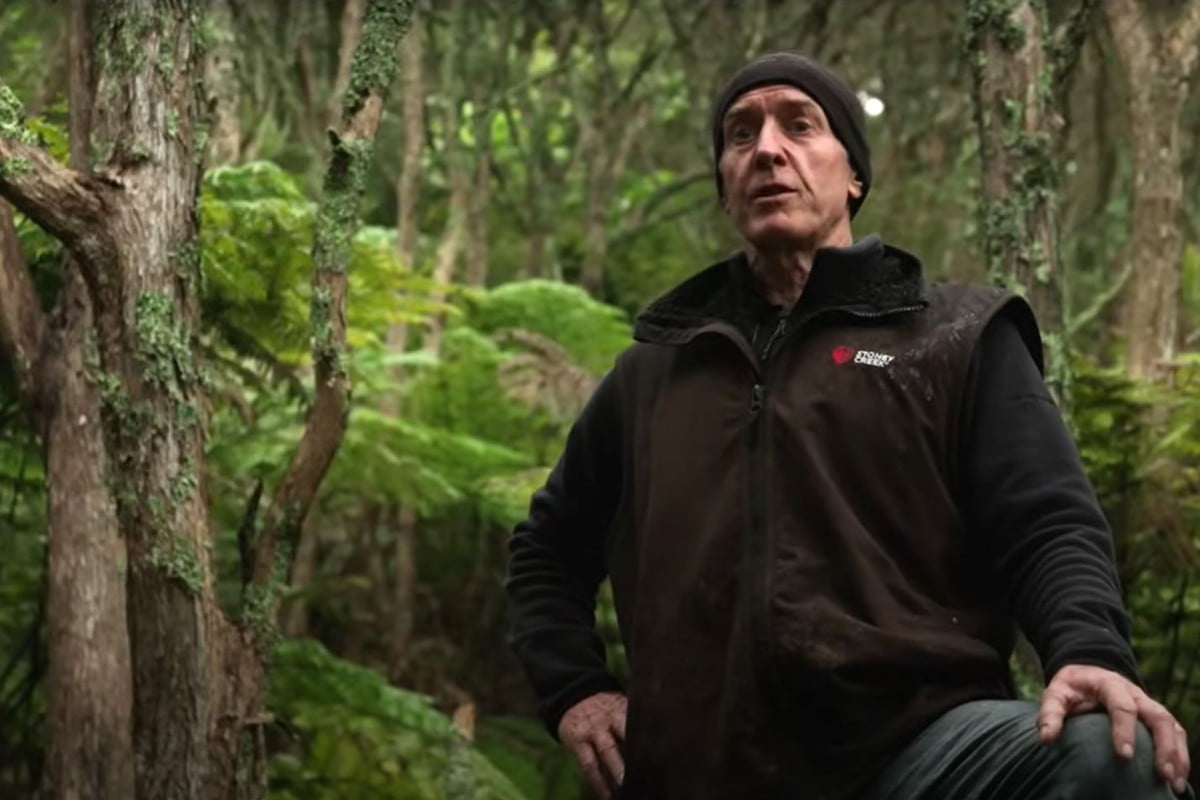Social Media and the Search for Sustainable Farming
Farmers are looking for new sources of information as they adapt to changes in climate and policy, says Aimee Blake of Future Farmers NZ, whose Masters degree was supported by Our Land and Water.
Farmers seeking advice on more sustainable farming practices, diversifying on farm and adapting to climate change are increasingly looking beyond industry organisations, to local community-led catchment groups, social media, and farming influencers.
These are some of the findings from farmer interviews as part of research by Aimee Blake, for her Masters in Agricultural Commerce at Lincoln University last year, sponsored by Our Land and Water.
An advocate for youth having a seat at the table of agricultural industry decision making, Blake is a co-founder of youth groups Future Farmers NZ and Girls who Grow.
The lack of an online one-stop-shop of relevant, accessible information for time-strapped farmers is contributing to information overload, says Blake.
The problem is compounded by industry and research groups also operating in silos, she says, and leads to farmers sifting through a deluge of often misleading or false information online.
“We have amazing information on things like improving efficiencies in our big industries and production. But strategic environmental, climate change information and conservation information are potential knowledge gaps because of these [silos].”
Blake feels teaching digital literacy skills, particularly for older or non-university educated farmers may be needed.
Seen as a good way for farmers to work together toward a common goal, community-led catchment groups have become increasingly popular in the past 10 years. They have also become a trusted source of information for diversifying on farm, sustainable farming practices, and long-term farm planning.
Unsurprisingly, young digital natives whose parents may once have complained of them being glued to their phones, are more likely to turn to familiar interpersonal social media networks, including agricultural influencers – often in other countries. These young farmers are also more likely to use AI (artificial intelligence) apps and be interested in new technology.
But there is an increasing amount of misinformation and disinformation online, with all social media platforms failing to meaningfully police their content. When misinformation on Covid 19 was reported to social media sites during the pandemic, 95 percent was not removed.
Blake feels teaching digital literacy skills, particularly for older or non-university educated farmers may be needed.
She is confident university study instils most students with the critical thinking and cross-referencing skills needed for finding accurate information and evaluating content for truth. But she is less confident others, particularly older farmers online, recognise the pitfalls of social media. These include platform algorithms that draw users into increasingly extreme and untrustworthy content, or echo chambers where like-minded people reinforce similar views and no new ideas can flourish.

Already making significant inroads in agriculture, AI is also raising concerns over the spread of mis- and disinformation. There are now calls globally for its use to quickly be regulated.
While going online offers farmers a wealth of new and innovative ways to bring their personal values into land management, digital upskilling is needed by many.
Industry groups also need to develop new ways of connecting with farmers – especially the digital natives, says Blake.
Originally published in Farmer's Weekly, republished here with permission.
Author
 View Our Strategy Document 2019 – 2024
View Our Strategy Document 2019 – 2024




Leave a Reply